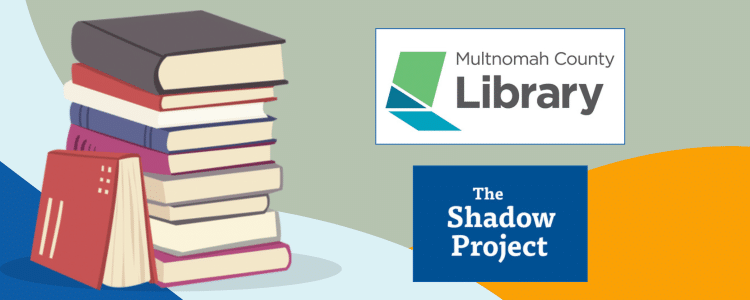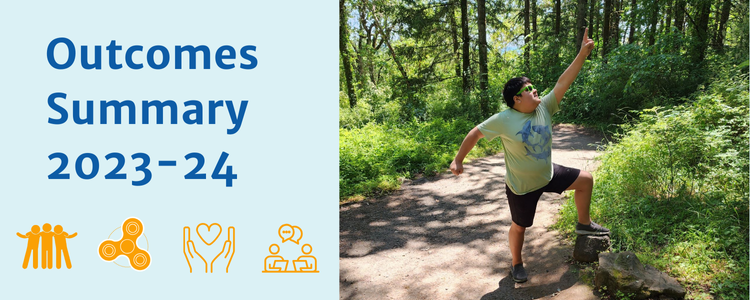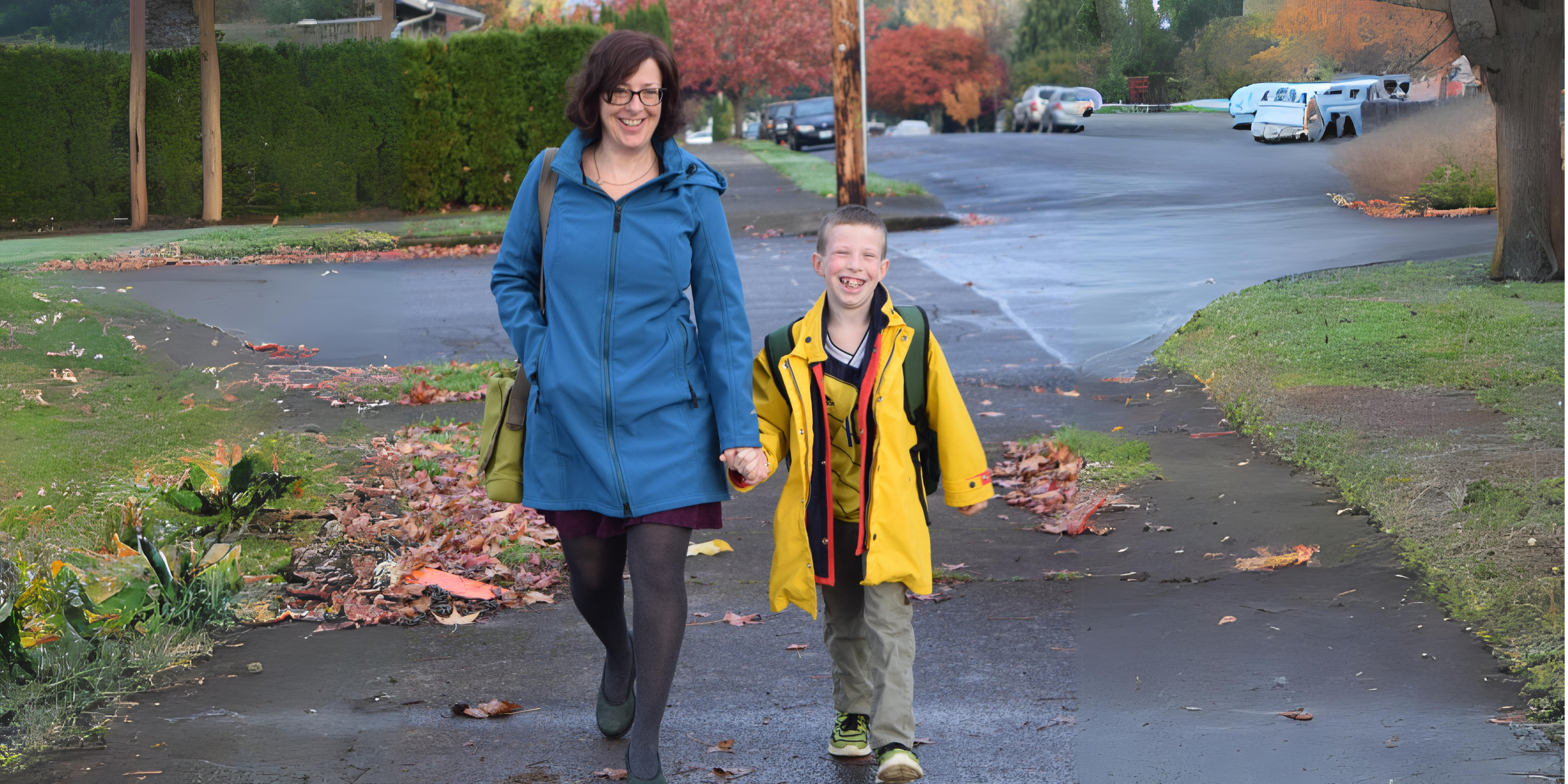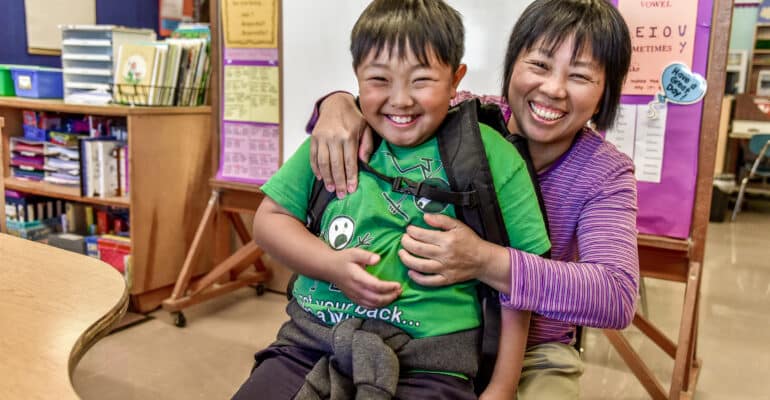Learn about The Shadow Project’s Summer Goal Setting Program and keep your kids motivated to work toward their goals and practice positive behaviors after school lets out for the year.
All Posts by Shadow Project

Join us for a Goal Setting workshop with Multnomah Country Library!
The Shadow Project is teaming up with Multnomah County Library to host three free Goal Setting Workshops in April and May!

Tips for making Halloween fun for neurodivergent children
Creating a fun and inclusive Halloween experience for neurodivergent children can require some thoughtful planning and consideration, but doesn’t have to be difficult. Here’s a simple guide to help you make Halloween enjoyable for all!

Read our 23/24 school year Outcomes Summary
With many schools struggling with low attendance and budget constraints, building a connected classroom community has been increasingly difficult for many educators. This year, partner teachers found success in using The Shadow Project to build positive and cooperative classrooms that helped students want to come to school. Read our 23/24 Outcomes Summary to learn more.

Sensory Sensitivities and Seasonal Changes, Part I
Seasonal changes are a natural part of life, but for some neurodivergent individuals with disorders that affect sensory processing — ADHD, Autism, Sensory Processing Disorder, ect.. — these transitions can often pose unique challenges. Take a look at how some of the impacts of changes in outerwear, weather, food, and holidays on individuals with sensory sensitivities as well as some ideas on how to make these transitions more sensory friendly.

